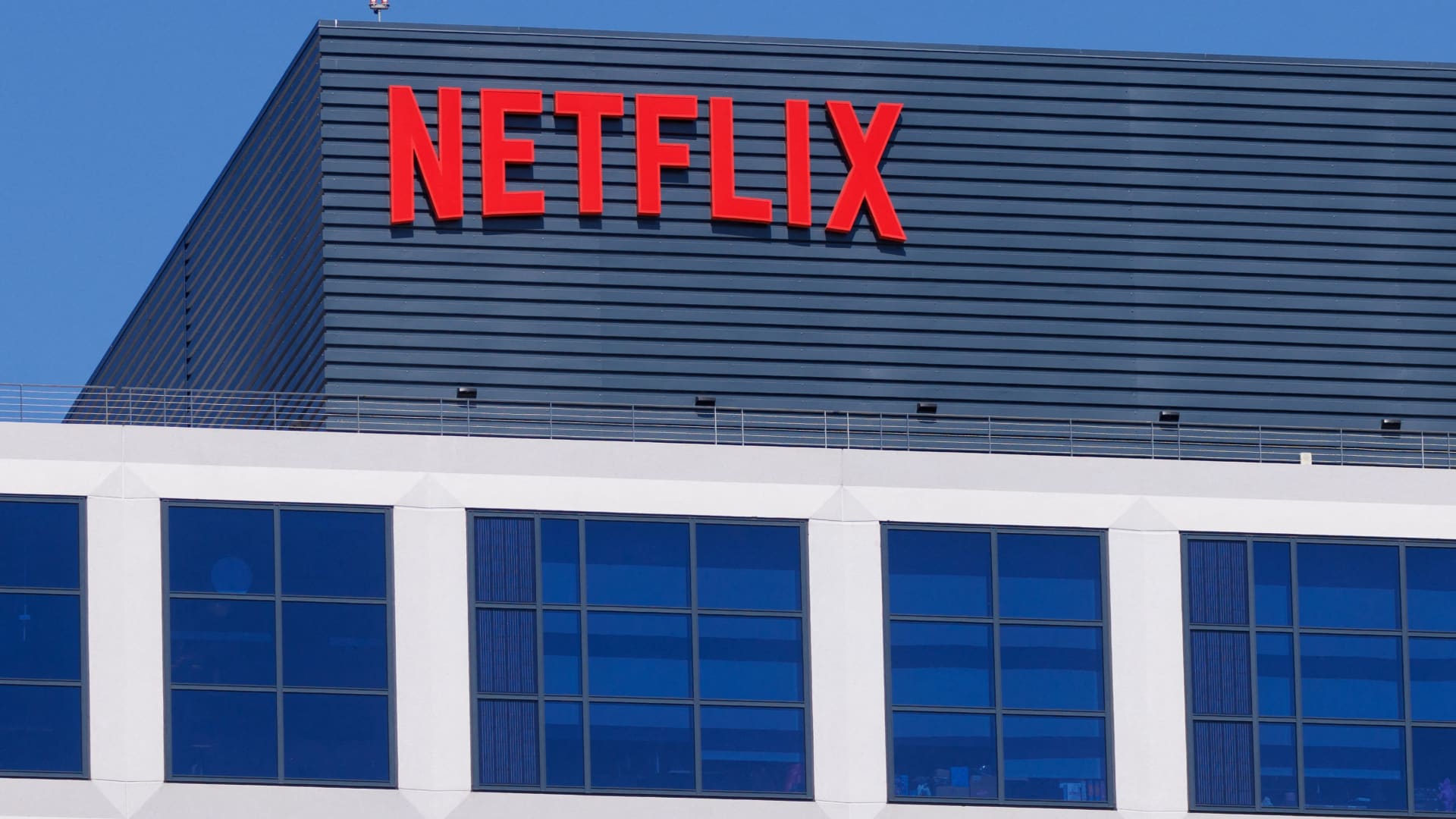Written By Puneet Arora & Jasvinder Bedi:
Talent acquisition is an ever-evolving field under the weight of continued disruption in the job market. Amid global economic uncertainty and a hyper-competitive talent pool, leaders must carefully balance protecting the business in the near term and setting it up for success in the long term. However, despite uncertain signals, businesses should consider this moment a chance to reflect on how they invest in talent. To stay ahead of the competition and attract the best candidates, organisations need to adopt innovative and agile talent acquisition strategies.
In the realm of talent acquisition, the current landscape is characterized by a complex interplay of factors that demand strategic adaptation. The amalgamation of certain trends has set the tone for the trajectory of recruitment practices in the foreseeable future. Let’s delve into some pivotal aspects that underscore the dynamics of talent acquisition:
Layoffs are coming on top of slow hiring
Given the prevailing environment, companies will strive to maintain financial stability and are adopting a cautious stance towards hiring in the near future. The situation would persist for a few quarters as investors tighten both seed and series-A funding. Overall, the hiring outlook in the IT sector is also expected to be cautious yet strategic. While hiring volumes may remain relatively muted, organizations will focus on optimizing existing talent, strategically acquiring specialised skill sets, and embracing emerging technologies.
Rapid change is now a constant
Adaptability has always been top-of-mind for forward-thinking companies as they develop their talent acquisition strategies. In today’s scenario, the ability to navigate change is not necessarily a competitive advantage; instead, it is a basic table-stake requirement for the current business environment. Long-term goals still drive success, but achieving those goals may require rapid shifts in the work needed to move forward, or adjustments to who does the work and how the work gets done. Talent acquisition teams require access to candidates, quickly and effectively, when and where the need arises.
Demand of specialised skill sets
More companies will gradually move toward a skills-first mindset when hiring, putting more emphasis on candidates’ competencies and less on traditional criteria such as college degrees and work experience. Business and HR leaders have always known that human skills are critical, but now we’re seeing a heightened demand for them.
The current scenario necessitates a prudent approach to recruitment, emphasizing quality over quantity. Organisations are likely to prioritise hiring for critical positions and specialized skill sets that align with their growth strategies and the evolving needs of their clients. Overall, the hiring outlook is expected to be cautious yet strategic.
Rapid shift in people’s expectations
The current talent pool is looking for a very different kind of organisation now considering several factors such as work-life balance, employee well-being, and positive work culture. A lot of research across the globe has shown that purpose-led organisations far out score in terms of how they attract talent as compared to others.
Hence, it is important for organisations to create that awareness of purpose, create a culture that the new generation completely identifies with. Finally, a candidate-centric approach that looks to build relationships should be at the heart of any successful talent acquisition strategy.
Workforce Readiness
Companies struggle to adapt and scale talent acquisition to fit their needs in an ever-changing landscape. While speed and cost matter, long-term adaptability is equally important. Is your talent acquisition strategy positioned to tackle hiring across multiple roles and skill sets? How quickly can your recruiting organization scale up to meet new demand? How well can it evolve to compete for talent using new technologies, remote engagement models, and smarter, data-driven strategies? The proactive stance of the talent acquisition function to meet these demands is a major driver of success in an unpredictable business environment.
Preparing for the Future
One of the most important aspects of talent acquisition is that it is forward-looking. Although replacing key roles in your company may seem impossible, a strategic approach to talent acquisition helps to ensure that the people you’re hiring have the skills and disposition to develop into leaders. Diversity, equity, and inclusion is also major priority for many companies, as they strive to create more balanced and equitable workplaces.
In conclusion, it can be said that crafting a talent acquisition strategy is imperative to the success of the business and to ensure that recruitment as a process is conducted not merely on a need basis but as part of the strategy. There’s no one-size-fits-all approach to acquiring talent. Every business has its own goals, company culture, future plans, and existing employees in the mix.
And, these will constantly shift in line with the changing landscape. As the global recession factors gain momentum, the dynamics of talent acquisition will change, and the stakes will be higher than before. Organizations need to stay ahead by proactively identifying emerging skills and talent trends to ensure they have the right people in place to meet their business goals. By adopting a comprehensive approach to talent acquisition, organizations can attract and retain the best talent, ensuring long-term success in an increasingly competitive business landscape.
(The authors of this article are managing partners of Biz Staffing Comrade Pvt Ltd)















































